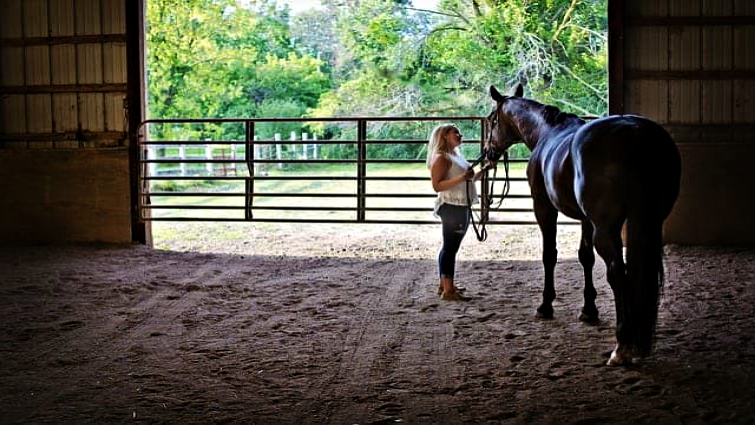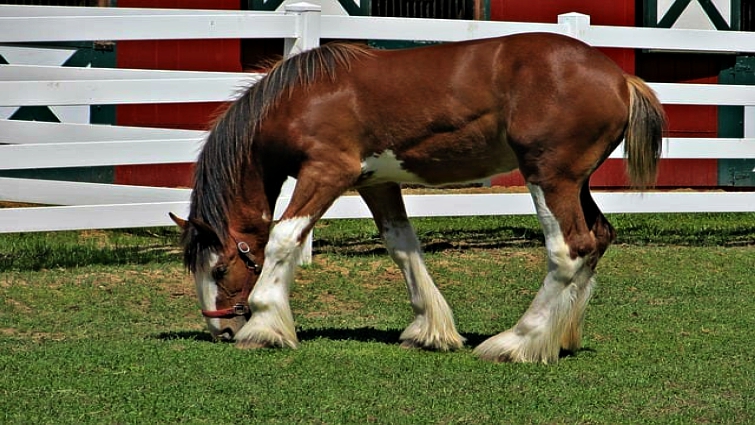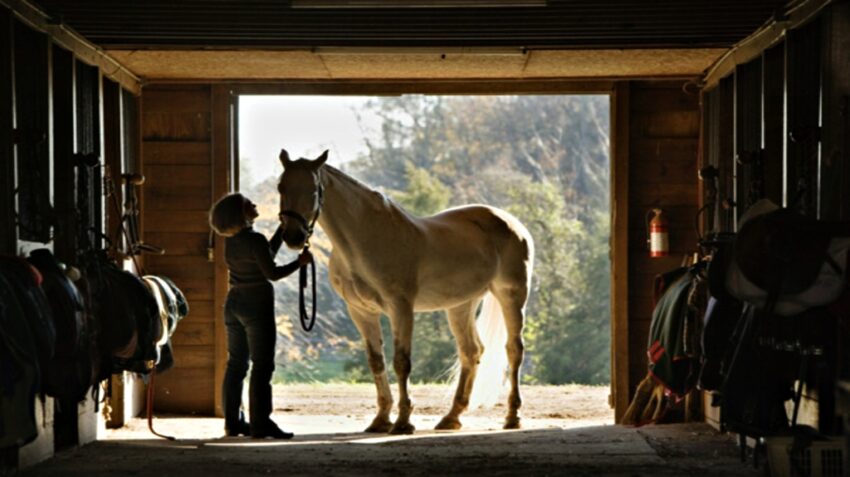Before you begin the beautiful journey as a horse owner there are so many things you should learn and go through. It doesn’t matter if you are experienced or no, mistakes are going to happen, but the important thing is that you should learn from them and have the courage to move on. However, some of these mistakes can have big consequences so, it will be the best thing if you do some research before you make the decision to buy or to adopt a horse. To help you out, we have prepared a list of 7 common mistakes first-time horse owners do. Make sure to check them out carefully and learn from other people’s mistakes, in order to be fully prepared before embarking the long road as a horse owner.



1.Buying the Wrong Horse Breed
Most people make the common mistake of choosing a horse based on his appearance. We all adore good looking horses but if you’re a first-time horse owner, you should choose an older and calmer horse that has already been trained. You might be saddened not to get the horse of your dreams right away, but it’s important to choose a horse you can handle.



2.Buying a Horse on an Impulse
We’ve all been there, you see the most beautiful, excellent horse and you make the decision to buy it right away. You instantly fall in love with its big eyes and sleek lines, and those good looks distract you from everything else. That been said, you forget horses are so much more than their appearance. You need to consider very important factors like temperament, breed, age, well-being, training, and so many more factors before buying your first horse. Letting your emotions drive your decision is never a good idea. It’s important to take a step away from that rush decision and think things through.



3.Underestimating Expenses
Horses can vary anywhere between a few hundred dollars to several thousand, but that primary cost is the least of your concerns. The real money is spent after the sale is concluded and you take your new horse home. Keeping a horse’s health and happiness is not very affordable. Too many people have emptied their bank accounts striving to keep up.



4.Undervaluing the Time Devotion
Caring for horses can be a full-time job, and that doesn’t even cover all the entertaining times you’ll want to have riding and training. It’s waking up before the sun to get all your morning tasks finished and then spending hours in the barn grooming your horse, cleaning the stall, inspecting your tack, maintaining the fence, and whatever else needs to be done. Horses deserve your time and attention, and you can’t leave them in the barn when life gets busy and you run out of time. You’ll need to find extra hours every week to spend on your horse, and that can be hard for people with full-time jobs, family responsibilities, and social lives.



5.Safety is the Fundamental Element
Whenever you’re around horses, safety should always be a priority. You’re interacting with an animal that could unintentionally walk on you or purposefully kick you. You need to brush up on your barn safety information and buy a few important safety items. You’ll need a riding helmet, strong boots with a heel, lots of long pants, long-sleeved shirts, a saddle that fits, and reliable tack that won’t break or cause your horse pain. Their stall, barn, and pasture needs to be a secure environment. It’s something you should reevaluate on a regular basis to estimate for changes and inevitable repairs. You’ll also do yourself a favor by looking out on essential topics like equine body language and basic first-aid. Knowing your horses’ behavior will help you notice when something is not right, and learning how to treat small injuries is always a valuable skill.



6.Not using Proper Horse Nutrition
Not only do you need to worry about how much it costs to feed a large animal, but you also need to make sure your horse is getting all the nutrients and supplements she needs. If you have a large hayfield, your job will be easier. Grazing is a great way for horses to fill their bellies and get the required nutrients, but it’s not the only part of a healthy equine diet, you need to talk to your vet first. The wrong diet will have long-term outcomes, and it’s up to you to take the initiative to completely understand equine nutrition.



